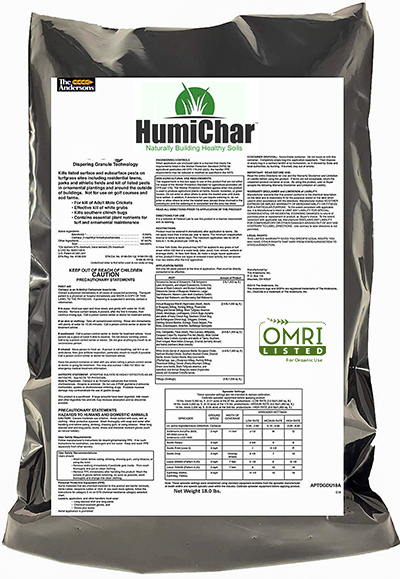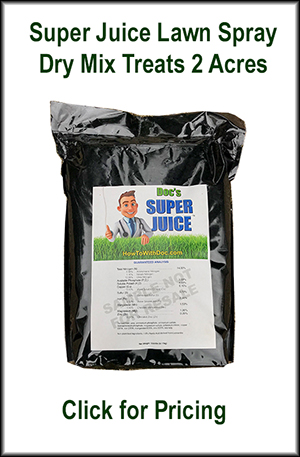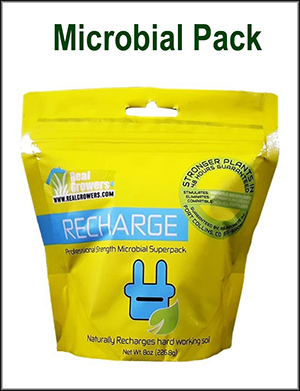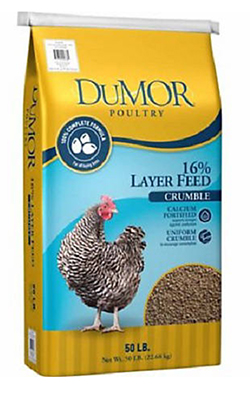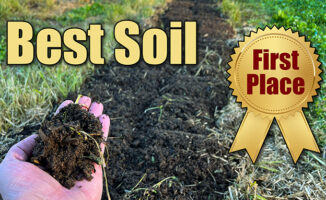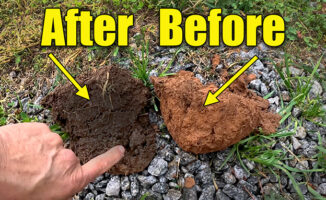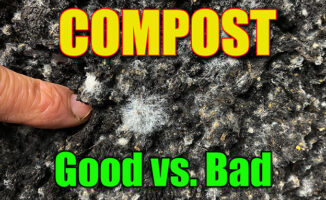How to Make Nutrient Rich Garden Soil Compost
Doc breaks down step by step how to make the super nutrient rich, garden soil compost. This garden soil compost is a natural way to fertilize your garden and increase good microbial activity. The organic matter, which is added, will be digested by the good soil microbes.
The HUMICHAR adds biochar and humic acid. That process releases a large of amount of nutrients and great new organic matter. These organisms are primary decomposers of organic matter, but they do other things, such as provide nitrogen through fixation to help growing plants, detoxify harmful chemicals (toxins), suppress disease organisms, and produce products that might stimulate plant growth.
Garden Compost Video
Compost Products Shown
HUMICHAR can be used on lawns soil or garden soils.
Click the bag for stock and pricing.
SUPER JUICE Spray Mix
MICROBIAL PACK for garden soils.
Cheap Organic Material
FOLLOW INSTRUCTIONS TO GET EXACT PRODUCT
#1 Click the bag below…
#2 In the product search box enter SKU → 507818999
#3 Add to your cart and buy for pickup at your location. This will HOLD the product for you since you PAID for it.
Bucket Screen Fine Mesh
Vegetables Grown in Super Rich Compost
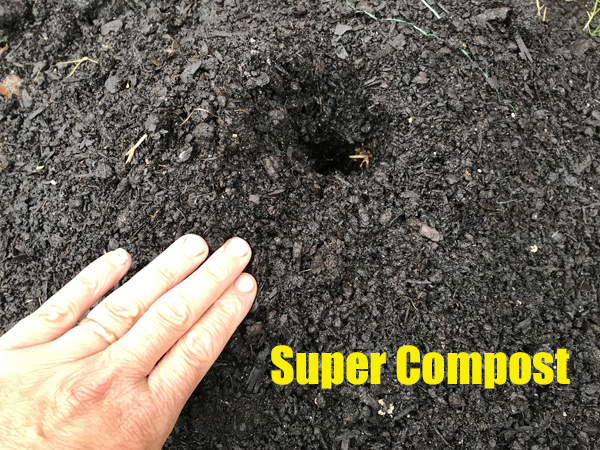
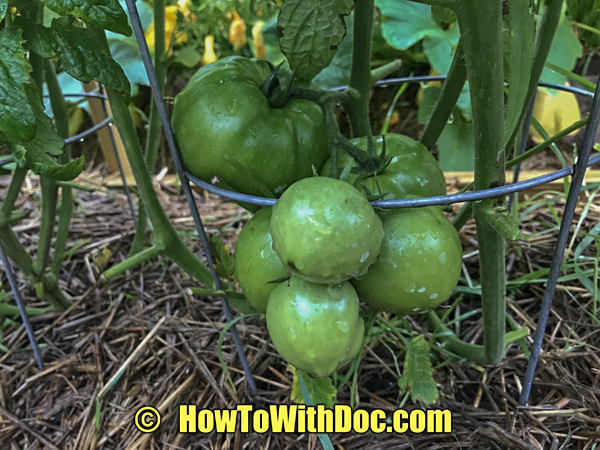
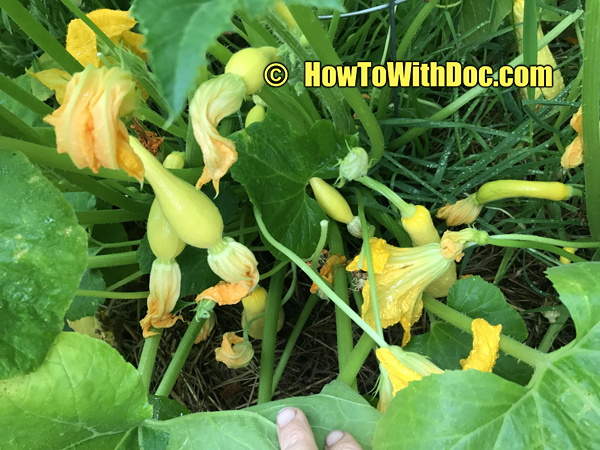
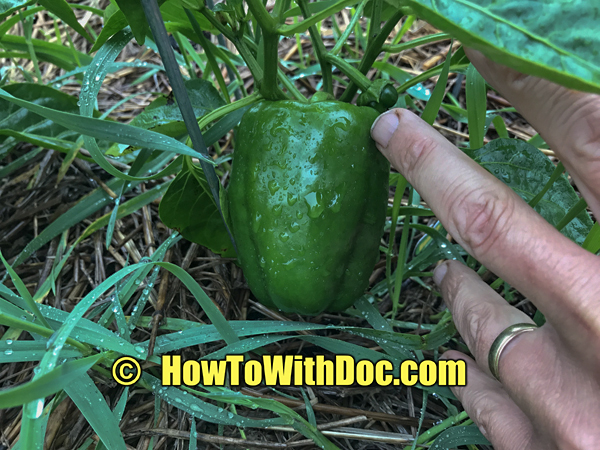
Soil Microbe Information
Soil microbes play a vital role in the sustained growth of plants. They decompose and recycling nutrients bound in organic materials. They help access minerals in rocks large and small. And, they can even refine nitrogen from the air into a useful form for plants!
Soil microorganisms exist in large numbers in the soil as long as there is a carbon source for energy. A large number of bacteria in the soil exists, but because of their small size, they have a smaller biomass.
There are more microbes in a teaspoon of soil than there are people on the earth. Soils contain about 8 to 15 tons of bacteria, fungi, protozoa, nematodes, earthworms, and arthropods.
Dead plant residues and plant nutrients become food for the microbes in the soil. Soil organic matter (SOM) is basically all the organic substances (anything with carbon) in the soil, both living and dead.
Bacteria are the first microbes to digest new organic plant and animal residues in the soil. Bacteria typically can reproduce in 30 minutes and have high N content in their cells.
Microorganisms abound in the soil and are critical to decomposing organic residues and recycling soil nutrients.


